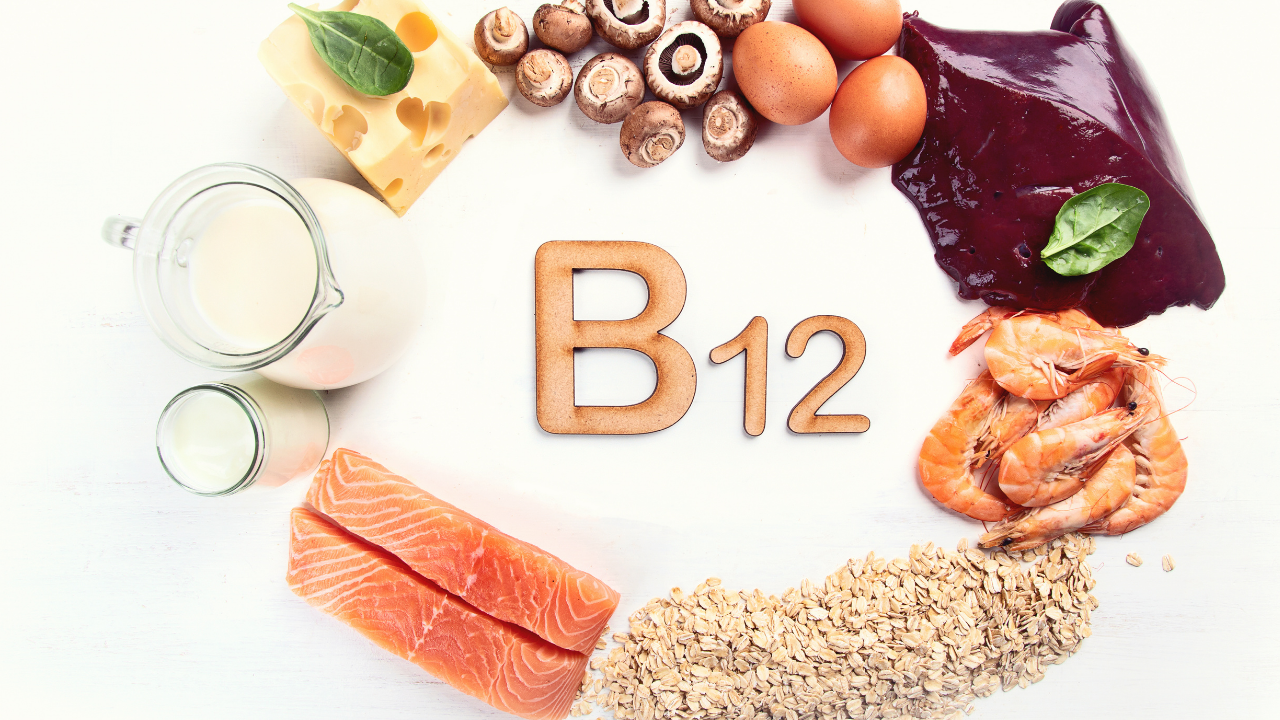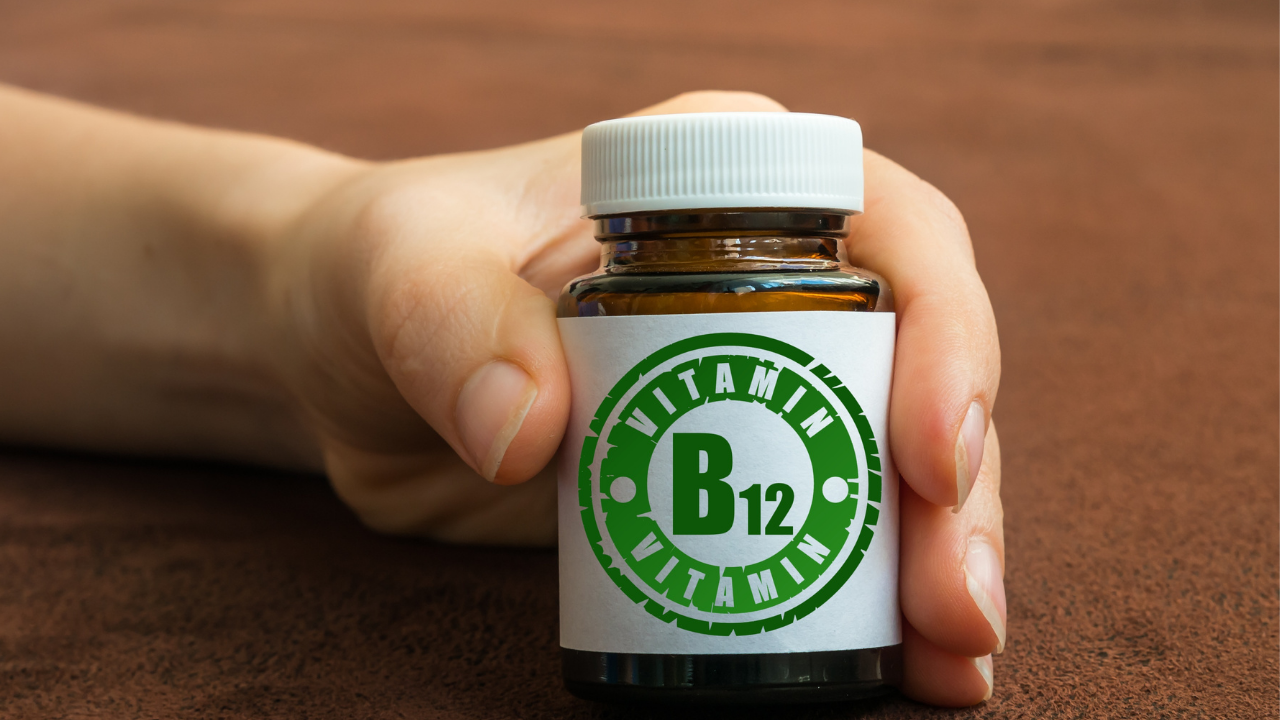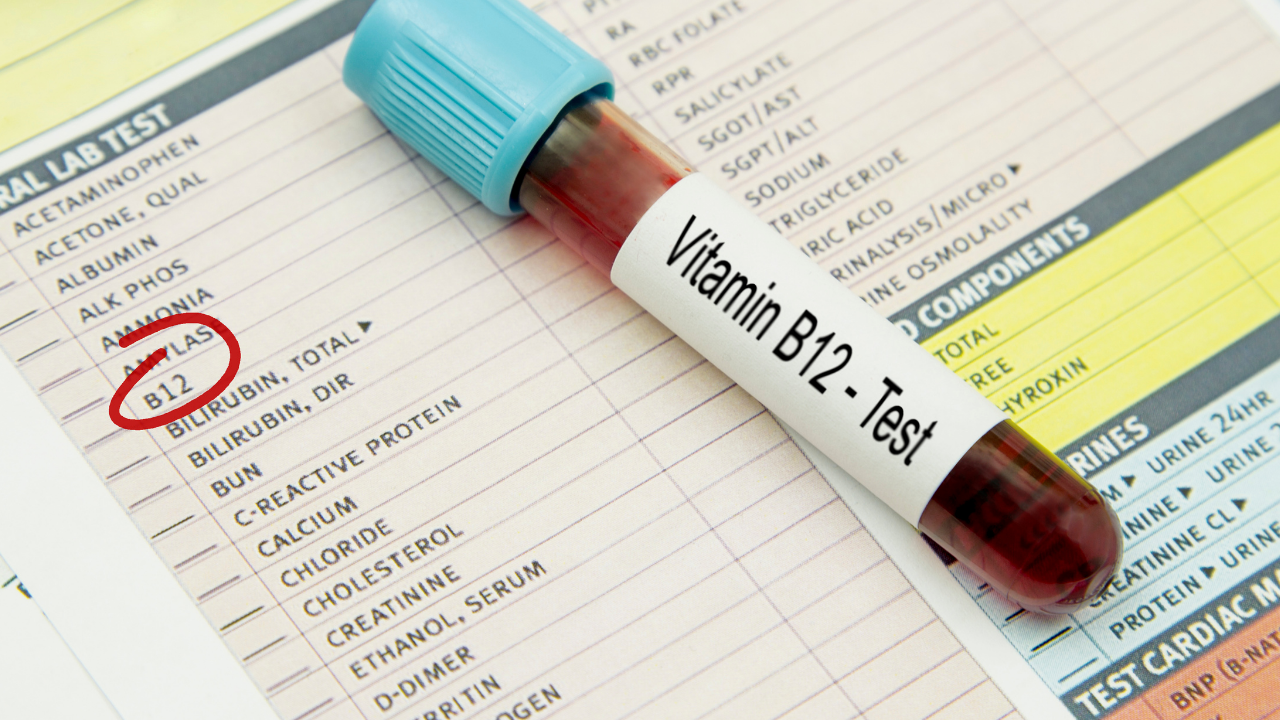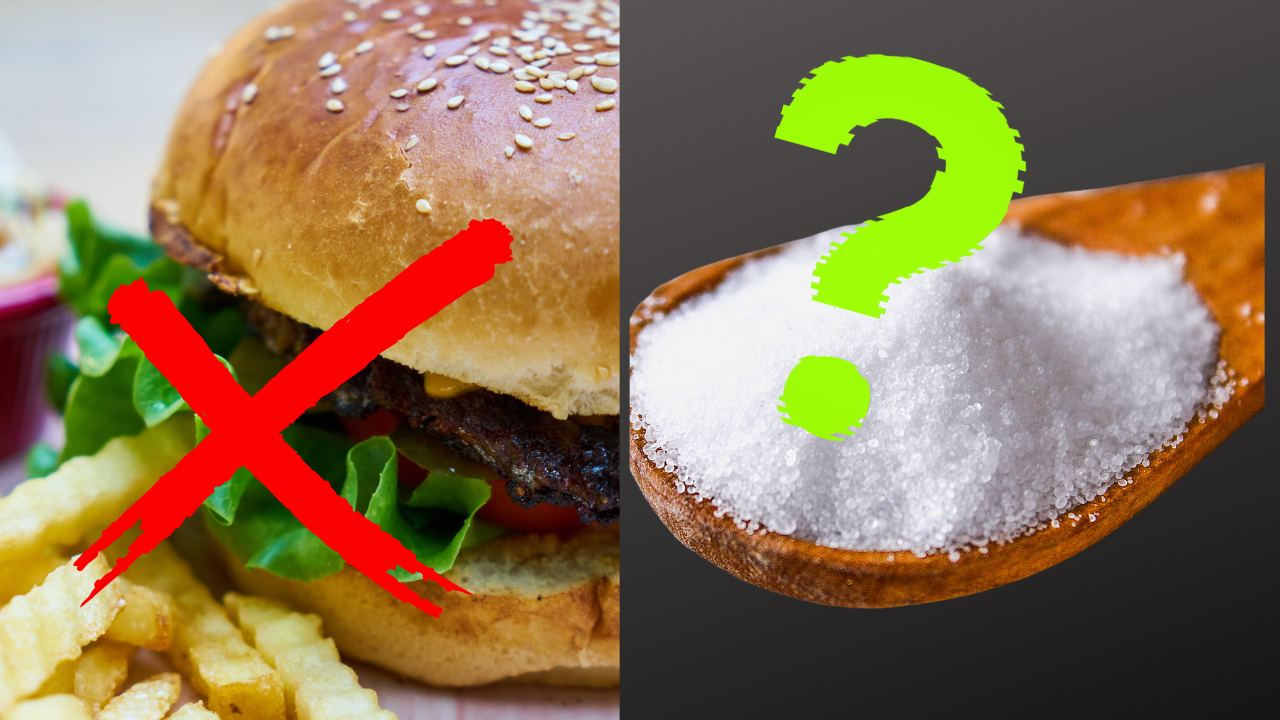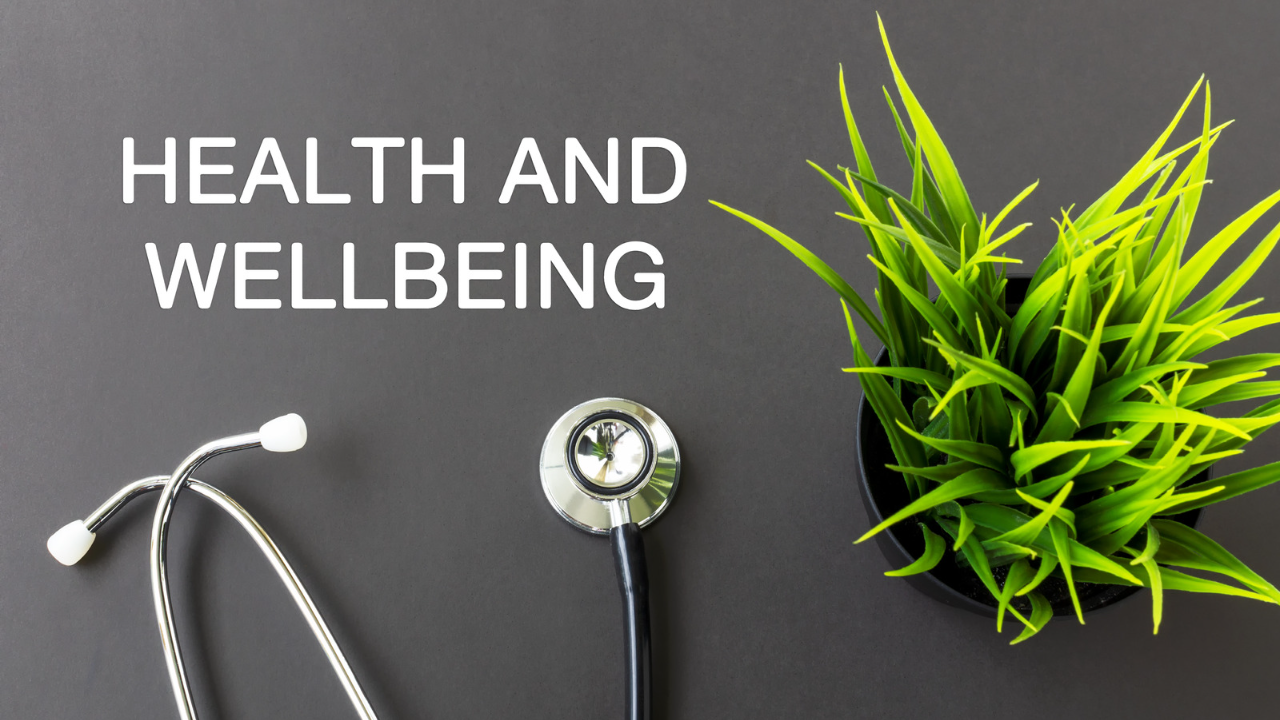What is Vitamin B12?
Vitamin B12 is a water-soluble Vitamin. It is also called cobalamin.
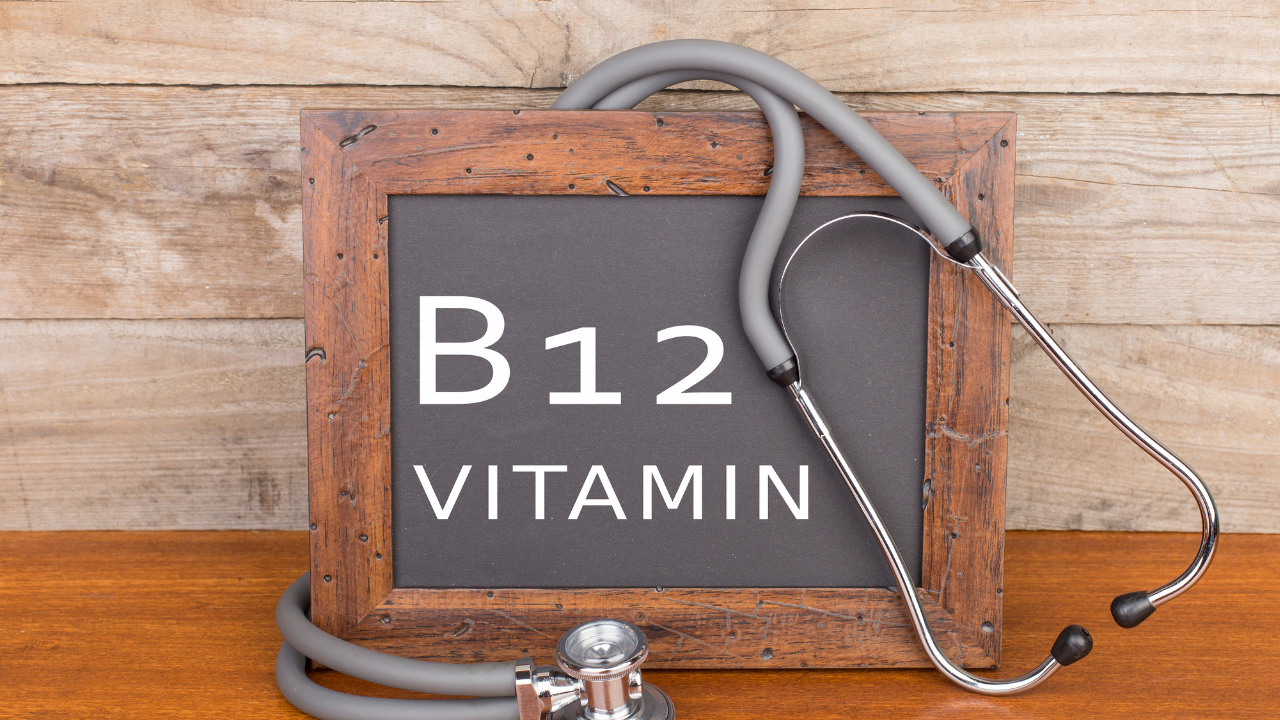 Why is Vitamin B12 important?
Why is Vitamin B12 important?
Vitamin B12 is an essential nutrient. It helps make your body’s blood cells such as your red blood cells. It also helps keep your nerve cells healthy. Vitamin B12 is important for in helping to make your DNA in all your cells. This vitamin can’t be made in your body. Your source of Vitamin B12 is from food or supplements.
What are dietary sources of Vitamin B12?
Vitamin B12 is present in a variety of animal products these can include eggs, dairy products, fish, meat, and poultry. They can also be found in fortified breakfast cereals as well as in fortified nutritional yeasts. If you are a strict vegetarian or vegan, you might not have adequate amount of Vitamin B12 in your diet and should be supplemented. According to the NIH the recommended daily intake for adults above the age of 18 is 2.4 mcg per day.
B12 supplementation:
Vitamin B12 supplements are found in various formulations. They are easy to identify as they are labeled as vitamin B12. Other names you could encounter are methylcobalamin, cyanocobalamin or hydroxocobalamin.
Here in the USA as well as in several countries you can get it OTC .Usually it is in a tablet form. It can be also given as a liquid or sublingually. I would not recommend the form which is nasal as it can cause a runny nose and is more expensive.
Dosing and administration of Vitamin B12:
Here you can see all the different forms of Vitamin B12:
- Chewable tablet
- Extended-release tablet
- Sublingual tablet (under the tongue)
- Sublingual spray (under the tongue)
- Oral liquid
- Nose spray
- Oral disintegrating tablet
- Injection
When do you need supplementation? (Diagnosis)
Your Health Care provider at your office visit will need a thorough medical history, perform a physical examination, and check your complete blood count and blood smear if they suspect B12 deficiency. Please note in certain malabsorption conditions your heath care provider should also check for folate deficiency such as after bariatric surgery.
At what values do I need supplementation?
- You are deficient if your value is less than 200 pg/mL.
- You are borderline if you value is between 200-300 pg/mL
- You are normal if your value is over 300 pg/mL
More about what doses are being supplemented for different disease entities later in this article.
What are risk factors for Vitamin B12 deficiency?
-
Not taking in enough Vitamin B12 in your diet. People who are at risk are older adults, vegetarians, and vegans and if you abuse alcohol.
-
Prolonged use of medications such as Metformin, Stomach protective medications called Proton Pump inhibitors or H2 blockers. Examples for these medications would be Omeprazole or Ranitidine.
-
Decreased absorption in your small intestine because of diseases such as Crohn’s disease or tapeworm infestation or after an operation in your small intestine where a part of your intestine has been
-
Genetic causes such as Imerslund- Graesbeck Syndrome.
-
Lack of a protein called intrinsic factor.This is seen is disease entities called atrophic gastritis or pernicious anemia.It is also seen after bariatric surgery or operations where your stomach is removed.
B12 deficiency symptoms:
I did a whole video on signs and symptoms to look out for if you are B12 deficient. You can click at the link right here.
Here are the main ones you need to look out for: fatigue, numbness and tingling of your extremities, trouble walking, mouth pain, pale skin and yellow skin, blurred vision, fast heart rate, shortness of breath, memory problems, mood changes.
A lot of these symptoms are attributable to anemia. The type of anemia typical for B12 deficiency is macrocytic or megaloblastic anemia.B12 deficiency leads to high levels of homocysteine which can cause brain and CNS neurotoxicity. That would results in signals being sent along your nerve cells to be disrupted.
Treatment & monitoring:
Mild deficiency supplementation is as follows:
Oral: 500 to 1,000 mcg daily for 1 to 2 weeks; maintenance: 1,000 mcg daily
Severe deficiency can be supplemented as follows:
Oral: 1000 to 2000 mcg daily for life. These are in situations such as after stomach surgery, small intestine resection, inflammatory bowel disease
Pernicious anemia:
IM: 1000 mcg daily for a week, then weekly for 4-8 weeks, then monthly
Once you have been supplemented appropriately, your anemia should start improving within a week or two and normalize within 4-8 weeks. Neuropsychiatric symptoms may take 3 months to improve and sometimes may take up to a year. However, some of the neurological symptoms described may be irreversible if they have been present for a long time.
It is good practice to repeat a CBC and the deficient Vitamin level in about 4 weeks.
If you want to see the entire YouTube video click right here.
Think your Health!
Sources:
-
1)https://www.uptodate.com/contents/vitamin-b12-deficiency-and-folate-folic-acid-deficiency-the-basics?search=b12%20deficiency&topicRef=7155&source=see_link
-
2)https://www.healthline.com/nutrition/vitamin-b12-deficiency-symptoms#TOC_TITLE_HDR_9
-
3)https://pubmed.ncbi.nlm.nih.gov/26376956/
-
4)https://www.ncbi.nlm.nih.gov/pmc/articles/PMC2781043/
-
5)https://pubmed.ncbi.nlm.nih.gov/22221769/
-
6)https://pubmed.ncbi.nlm.nih.gov/19231648/
-
7)https://pubmed.ncbi.nlm.nih.gov/12671582/
-
8)https://pubmed.ncbi.nlm.nih.gov/23536622/
-
9)https://ods.od.nih.gov/factsheets/VitaminB12-Consumer/
-
10)https://academic.oup.com/tropej/article/63/1/23/2525471




